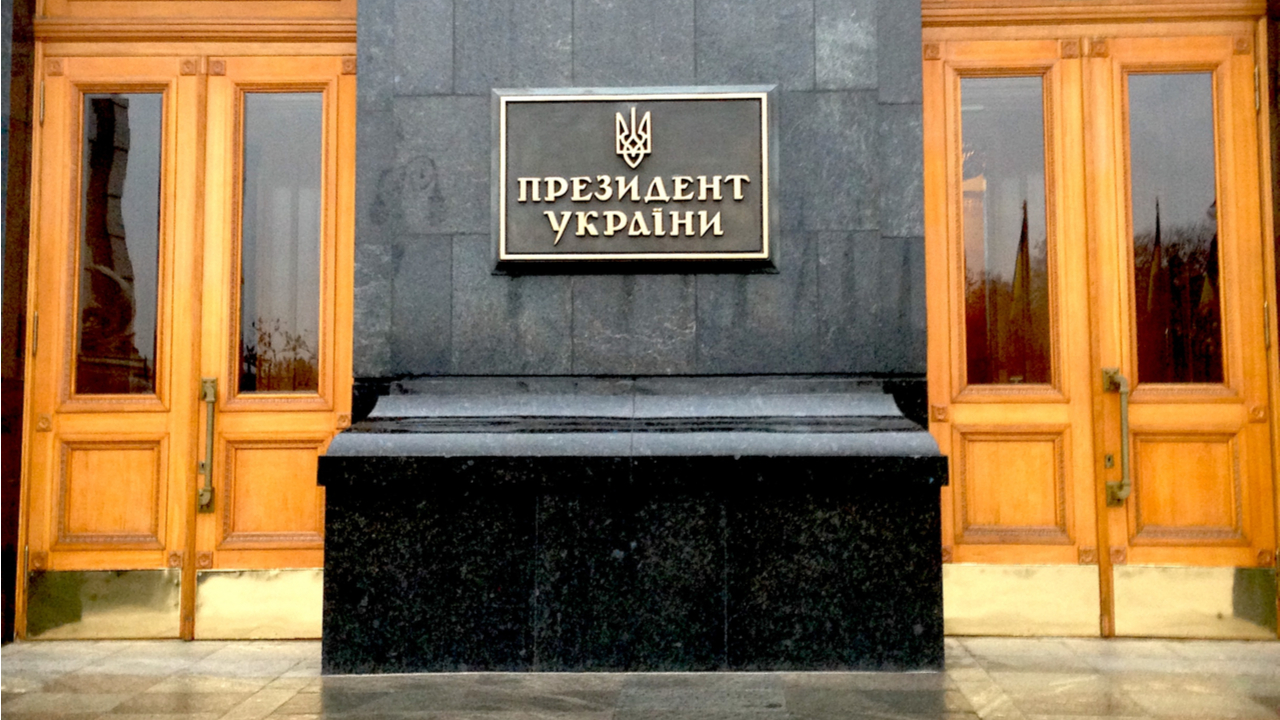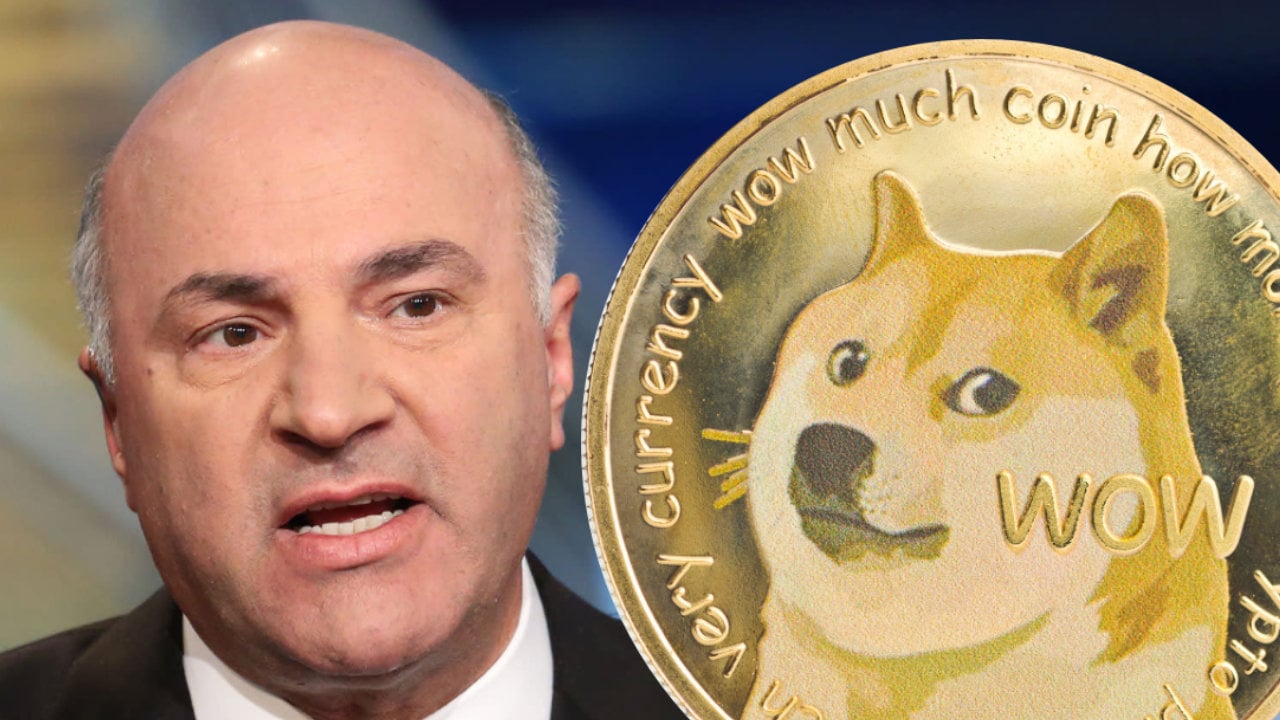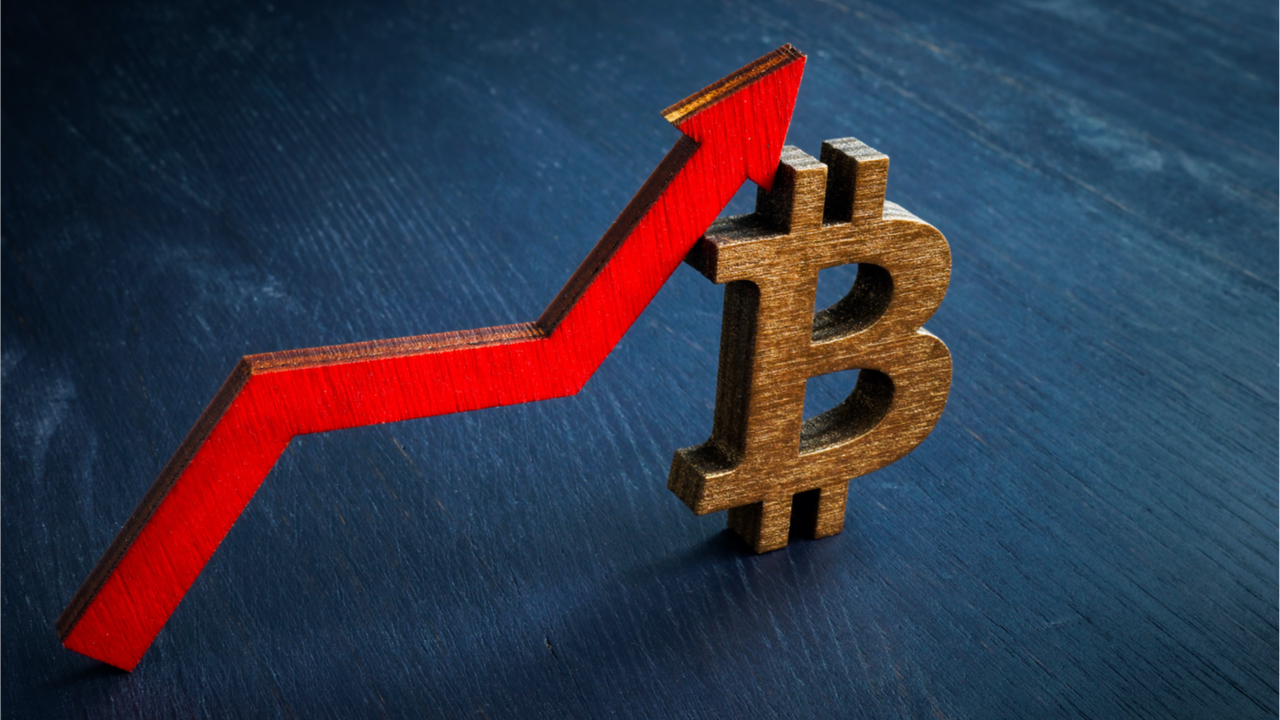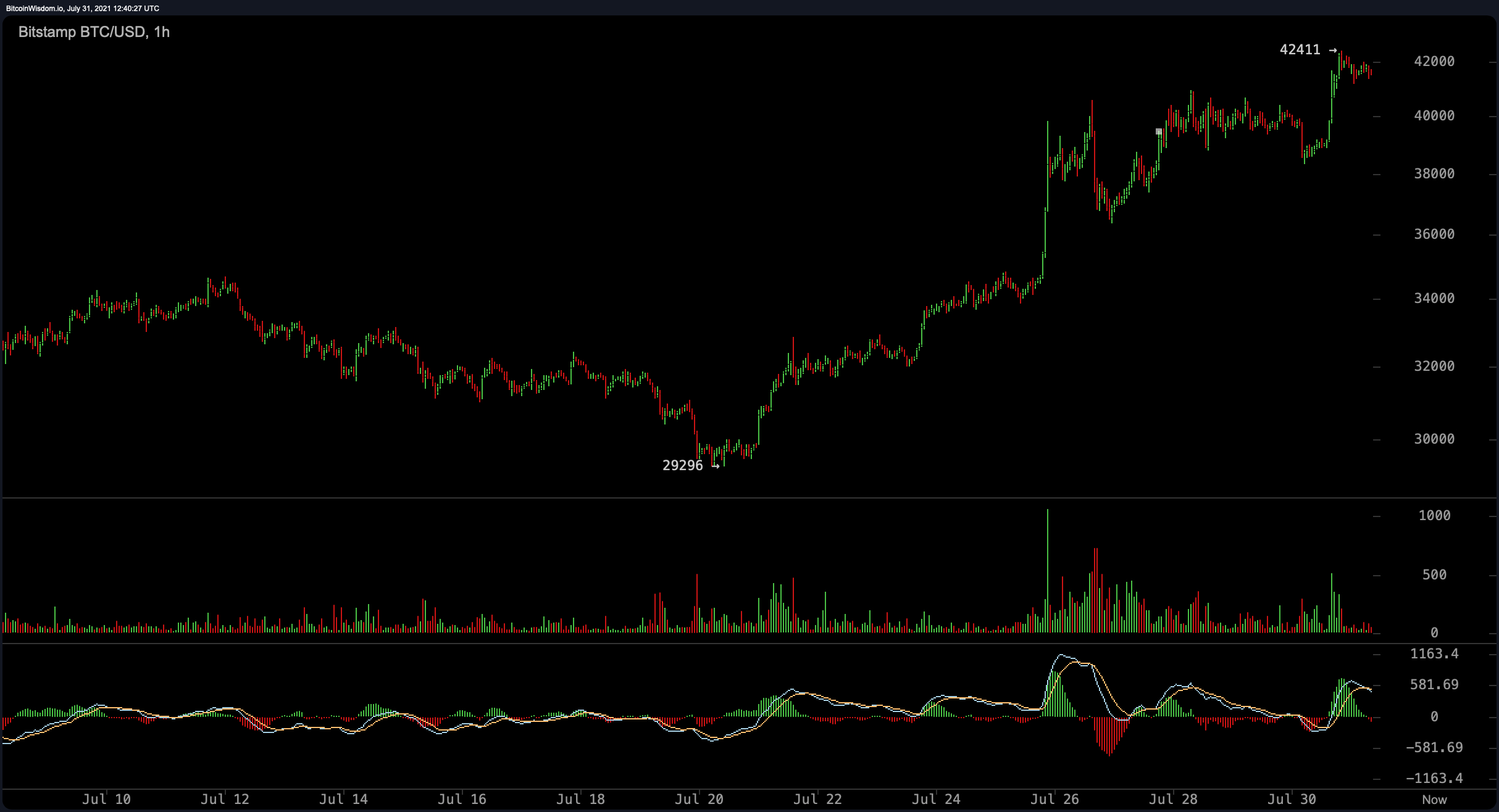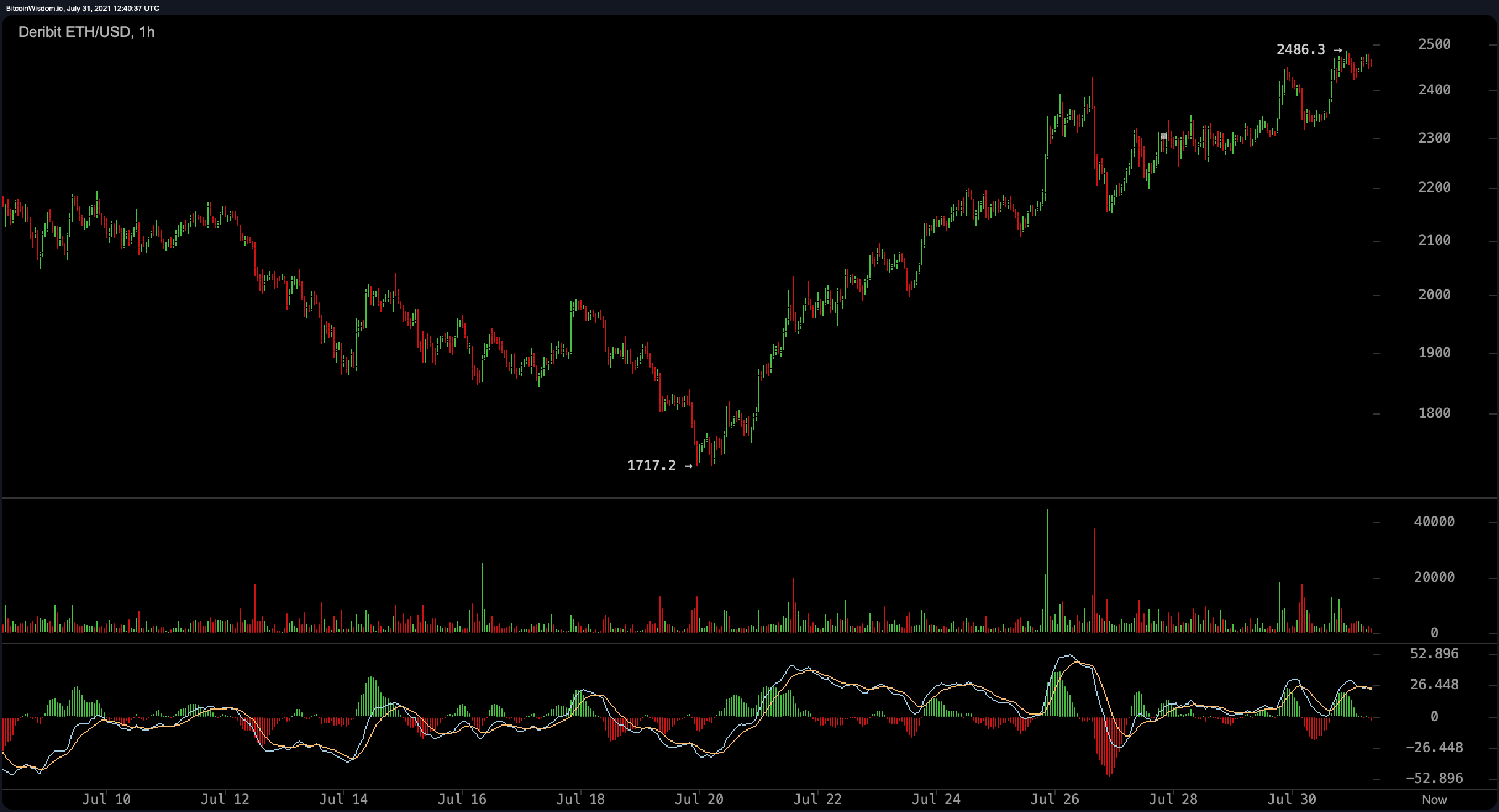| | Top News  Shutterstock Stocks posted modest losses on light summer volume Friday, with Amazon dropping the most in more than a year after reporting its first quarterly revenue miss in three years and providing disappointing guidance. But the major averages wrapped up a solid month, even as volatility has increased alongside concerns about the economic recovery with the spreading of the COVID-19 delta variant. Federal Reserve Chairman Powell calmed markets Wednesday when he noted that while the economy has come a long way since the COVID recession, the Fed would be in no hurry to adjust its easy-money policies. The S&P 500 rose 2.3% in July for its sixth straight positive month, while the Dow and Nasdaq added 1.3% and 1.2%, respectively. The benchmark 10-year Treasury fell about six basis points on the week to 1.23%. | | Global Sweeping crackdowns across China continued to send shockwaves across financial markets, with investors finding themselves in the firing line of some of the nation's hottest sectors. Shares of Tencent ( OTCPK:TCEHY) fell 10% on Monday after Beijing ordered the company to give up exclusive music licensing rights, food delivery companies such as Meituan ( OTCPK:MPNGY) were also targeted, while education stocks like TAL Education (NYSE: TAL), New Oriental (NYSE: EDU) and Gaotu Techedu (NYSE: GOTU) slumped about 25% each amid a ban on for-profit tutoring. In fact, the Nasdaq Golden Dragon China Index - which tracks 98 of China's largest firms listed in the U.S. - dropped 8.5% last Friday and another 7% on Monday, marking the biggest two-day selloff since '08. Analyst commentary: "Even when you think China risk is priced, it can get worse," Goldman Sachs wrote in a research note. "The government could come down much harsher than expected penalties for Tencent, they could implement much stricter social insurance programs for delivery drivers/temp employees, they could crack down on other industries viewed as a threat to social cohesion (SFV? Livestreaming? Who knows.)" While Beijing has tolerated conventional regulations on certain sectors in the past, the government now looks ready to kill whole companies or entire industries. One doesn't have to look far to the recent pulling of Ant Group's (NYSE: BABA) IPO or the DiDi Global (NYSE: DIDI) fiasco that shook the investing world earlier this month. China has pointed to financial risk, antitrust concerns and national security violations, but its acceptance of stockholder pain for long-term social control appears to have some market participants reassessing Xi Jinping's Communist Party. Meanwhile, Beijing looked to contain some of the fallout later in the week by holding a call with global investment banks. The country said it would consider the impact on markets when it introduces new policies in the future, and will allow Chinese companies to go public in the U.S. as long as they meet listing requirements. Outlook: Investors aren't the only ones reviewing their relationship with China. Another contentious meeting between Washington and Beijing proved unsuccessful on Monday, with Vice Foreign Minister Xie Feng saying the relationship was at a "dead end" and risks "serious consequences." He even presented U.S. Deputy Secretary of State Wendy Sherman with two lists of "red lines" that were necessary to stabilize ties, including "U.S. wrongdoings that must stop" and "key individual cases that China has concerns with." ( 513 comments) | | Sponsored By Cybin  Cybin becomes the first psychedelic biotech company to list on the NYSE American. "We are all delighted to receive this approval from the NYSE American and are thankful to our wonderful team and loyal investor base who have followed us on this journey, so far. As the first psychedelic biotech company that will now trade on this esteemed exchange in the US, we will commit resources to reach the broadest investor audience with our mission and will continue to accelerate our efforts to position Cybin as a leader in the sector" - Doug Drysdale, Cybin's CEO Click here to learn more. | | Earnings Apple: A blowout quarter from the iPhone maker shattered expectations, with earnings of $1.30 per share (vs. $1.01 estimated) on revenues of $81.4B (vs. $73.3B). Every one of Apple's ( AAPL) major product lines grew over 12% on an annual basis, while it saw "very strong double-digit increases in both [iPhone] upgraders and switchers during the quarter." Shares still fell 2.2% after the company warned that sales growth may be slowing and chip shortages will affect production in the current quarter. Apple also declined to provide formal guidance for the sixth quarter in a row, a practice it adopted during the coronavirus pandemic. Google: Shares of parent Alphabet ( GOOG, GOOGL) jumped 3.3% after advertising revenue soared 69% Y/Y to $50.4B. CEO Sundar Pichai credited the number to a "rising tide of online activity in many parts of the world," though longer-term trends were harder to forecast as markets reopen and COVID-19 cases continue to rise. Google Search soared 69% Y/Y to $35.85B in sales, Cloud revenue climbed 54% to $4.63B and YouTube ad sales surged 84% to $7B. Microsoft: The stock inched up 0.5% after ending its financial year on a strong note. Microsoft ( MSFT) reported a 21% jump in revenue amid a flood of new business in Azure cloud computing, LinkedIn advertising and business applications. It didn't stop there. Microsoft's "More Personal Computing" segment, which features Windows, as well as devices, gaming and search advertising, notched $14.09B in FQ4 revenue, while the tech giant finished the year with $60B in annual earnings (and $165B in sales) for the first time ever. Facebook: Shares of the social network slipped nearly 4% despite logging another easy earnings beat for the tech sector this season. Like its peers, Facebook ( FB) posted a hefty revenue increase of 56% Y/Y to $29B, higher than the high-end analyst estimate. It's another linchpin in the robust advertising recovery story, but investors treaded carefully as user numbers only came in line with expectations. Amazon: The e-commerce behemoth reported quarterly earnings after the bell on Thursday, with revenues that were 25% higher than the same period last year. While that's pretty impressive in its own right, the percentage wasn't high enough to match analyst expectations. Amazon ( AMZN) finished the quarter with $113B in revenue, compared to consensus estimates of $115B, prompting shares to slump 7% in AH trading. The company also said it would continue to see difficult comparisons to the pandemic quarters of 2020, meaning the era of the company's bumper results may be slowing. | | Trending Corporate America made some moves after fresh guidance from the CDC that recommended fully vaccinated people and kids should wear face coverings indoors (in areas with substantial and high levels of COVID-19 transmission). Twitter (NYSE: TWTR) closed its offices in New York and San Francisco, just two weeks after the social media firm reopened in both cities. Facebook (NASDAQ: FB) is separately requiring its U.S. workers that return to the office to be vaccinated and Google ( GOOG, GOOGL) also jumped aboard that train. Over in Hollywood: Netflix (NASDAQ: NFLX) became the first major studio to introduce a blanket policy mandating vaccinations for the casts of all of its U.S. productions. The requirement will also cover any crews that come into contact with them, which are known as "Zone A" workers. All staff in that category will be required to show proof of vaccination, with few policy exemptions like medical, religious and age reasons. The news arrived before President Biden announced that all civilian federal workers will need to be vaccinated against COVID-19 or face regular testing, social distancing, mask requirements and travel limits. The decision covers 2.18M civilian employees (and possibly another 570K USPS workers). Meanwhile, Apple (NASDAQ: AAPL) re-instituted a mask mandate at most of its U.S. retail stores, while Disney's (NYSE: DIS) domestic theme parks required all parkgoers to wear masks indoors starting Friday. Analyst commentary: The Delta variant is a tougher investment risk to peg than inflation, declared macro strategist Jim Bianco. "You could see a big rotation away from the reopening stocks or can take a playbook out of last year and say 'If we get rising variant and we get restrictions, more stimulus money is coming.' And, what have we learned about stimulus money? It goes right into the brokerage account. It goes right into the stock market." ( 102 comments) | | IPOs It was set to be one of the year's most highly anticipated listings, but Robinhood Markets ( HOOD) tumbled 8% in the worst debut ever for an IPO of its size. The stock trading app, which had surged in popularity among retail investors, priced its IPO at $38 on Wednesday - at the low end of a marketed range - suggesting it had to do more to convince investors to scoop up its stock. It also detailed plans to reserve up to 35% of shares for users of its app, who could make purchases at the IPO price through a new product called IPO Access. Backdrop: Robinhood busted onto the brokerage scene back in 2013 with a mission to democratize the investing landscape. It has experienced tremendous growth in recent years and eventually prompted competitors like TD Ameritrade (NYSE: SCHW), Charles Schwab ( SCHW) and E-Trade (NYSE: MS) to adopt its model of zero-commission trades. The coronavirus pandemic was also a boon for the app as homebound people turned to online trading, while a stampede of investors that have jumped into "meme stocks" and cryptocurrencies has continued to propel its popularity. By the numbers: Selling 55M shares in the offering at a price of $38, Robinhood raised slightly over $2B (at a valuation of nearly $32B). Users have more than doubled to 18M over the 12 months through March, while revenue more than quadrupled over the same time period to $1.4B. However, meme-stock madness has led to big losses of late and the company agreed to pay $70M to settle a FINRA probe in June. Options trading accounts for about 38% of Robinhood's revenue, while equities and crypto are 25% and 17% of sales, respectively. Advantages: Growth is off the charts and half of all brokerage accounts opened in the U.S. from 2016 to 2021 have been set up on Robinhood. The company is also hoping to expand into other initiatives, like IRAs and Roth IRAs, to help turn short-term investors into long-term ones. It could also offer other types of services like debit cards, credit cards, car loans and crypto wallets. Risks: The app has been in the regulatory spotlight over gamification, which encourages users to trade more via rewards and celebratory notifications. Payment for order flow, the way Robinhood makes money, has additionally come under intense scrutiny, as it could create conflicts of interest and prevent investors from getting the best price for their trades. Retail investing could also slow and the Robinhood prospectus named seven U.S. state and federal bodies investigating the app. The industry: 2021 hasn't been a good year for big IPOs in the U.S. Among companies that have raised more than $2B - including AppLovin ( APP), Bumble ( BMBL), Coupang ( CPNG), DiDi ( DIDI), Playtika ( PLTK) and Shoals ( SHLS) - all are down by double digit percentages since their first close. The Renaissance IPO ETF (NYSEARCA: IPO) is also off 19% from its February highs and down more than 5% YTD. That could signal that the market is having a harder time digesting bigger deals - amid a glut of massive equity issuances - and may deter investors from buying more IPOs if they are already underwater. ( 38 comments) | | Outlook Gear up for the next big spectacle in Washington as the debt ceiling comes back into force this weekend following a two-year suspension. The deadline will curb the Treasury's capacity to issue new debt unless lawmakers can reach an agreement, which seems far-fetched at the moment due to the Republican position. GOP leadership contends that Democrats are in a spending free for all and will only support raising the debt ceiling if they promise major spending reforms and cutbacks.
Analyst commentary: "It is a very slow moving train wreck," outlined Gennadiy Goldberg, rates strategist at TD Securities. "The longer they delay raising the debt ceiling, the more Treasury has to [reduce] bill supply leaving less debt to invest in, particularly on a short-term basis. What you are going to see is more and more pressure on money market rates, which in turn will put pressure on money market funds."
It's already having some effects. Starting at noon on Friday, the Treasury used the first of its so-called "extraordinary measures," which suspended sales of securities that help states and municipalities invest bond proceeds. Others will take months to kick in, and starting in October or November, the Congressional Budget Office predicts the Treasury will run out of cash. While raising the debt ceiling has turned into a bitter partisan issue in recent years, both sides have always reached a late deal to avoid the country going into default.
Go deeper: Many expect a similar scenario this time around and the game of chicken could continue in the coming months. However, if Democrats can't get support from ten Republican senators, they may be forced to increase the debt limit via an upcoming budget reconciliation bill (which only needs a simple majority). They could also advance a vote to raise the debt ceiling along straight party lines before the August recess or tie the debt ceiling to a must-pass funding bill at the end of September. | | U.S. Indices
Dow -0.4% to 34,935. S&P 500 -0.4% to 4,395. Nasdaq -1.1% to 14,673. Russell 2000 +0.6% to 2,223. CBOE Volatility Index +6.1% to 18.24.
S&P 500 Sectors
Consumer Staples +0.2%. Utilities +0.3%. Financials +0.7%. Telecom -1.%. Healthcare +0.5%. Industrials -0.3%. Information Technology -0.7%. Materials +2.8%. Energy +1.6%. Consumer Discretionary -2.6%.
World Indices
London +0.1% to 7,032. France +0.7% to 6,613. Germany -0.8% to 15,544. Japan -1.% to 27,284. China -4.3% to 3,397. Hong Kong -5.2% to 25,908. India -0.7% to 52,587.
Commodities and Bonds
Crude Oil WTI +2.3% to $73.72/bbl. Gold +0.6% to $1,812.3/oz. Natural Gas -3.6% to 3.915. Ten-Year Treasury Yield +0.3% to 134.56.
Forex and Cryptos
EUR/USD +0.85%. USD/JPY -0.74%. GBP/USD +1.14%. Bitcoin +23.6%. Litecoin +16.%. Ethereum +14.6%. Ripple +23.8%.
Top Stock Gainers
Flora Growth (NASDAQ:FLGC) +160%. Bit Digital (NASDAQ:BTBT) +113%. Xenetic Biosciences (NASDAQ:XBIO) +62%. LendingClub Corporation (NYSE:LC) +54%. Allied Healthcare Products (NASDAQ:AHPI) +51%.
Top Stock Losers
Annovis Bio (NYSE:ANVS) -71%. Höegh LNG Partners (NYSE:HMLP) -67%. ATI Physical Therapy (NYSE:ATIP) -64%. Alset EHome International (NASDAQ:AEI) -61%. Forward Pharma A/S (NASDAQ:FWP) -55%.
Where will the markets be headed next week? Current trends and ideas? Add your thoughts to the comments section. | | | | |

